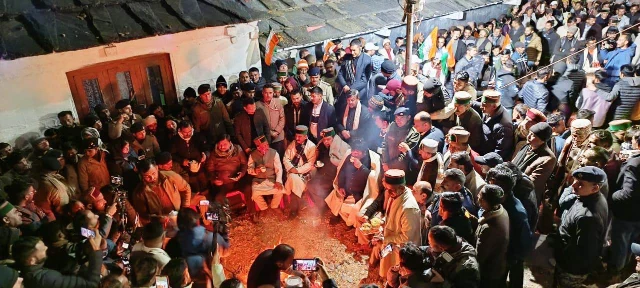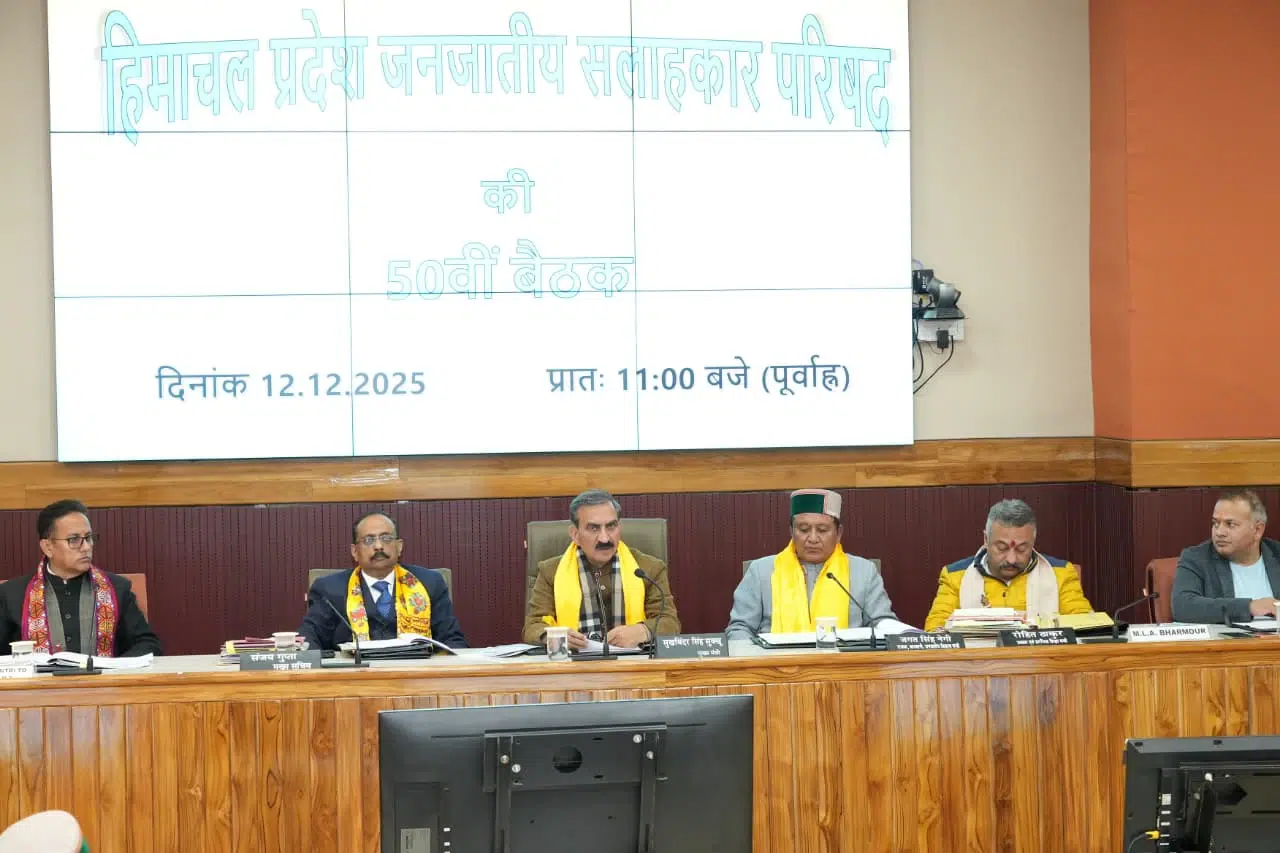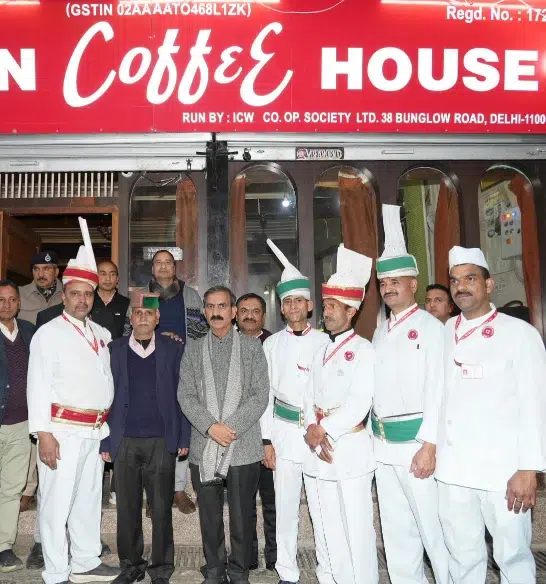Himachal’s march toward self-reliance by empowering its villages: CM
2 min read
Shimla June 17
“The soul of India live in its villages,” and drawing inspiration from this vision of Father of the Nation, Mahatma Gandhi, which underlines the importance of rural strength in nation-building, Chief Minister Thakur Sukhvinder Singh Sukhu has embarked on a mission to empower Himachal Pradesh through its villages placing the rural economy at the heart of the state’s development agenda.
Breaking conventional administrative barriers, the Chief Minister has brought governance directly to the people at Grass root level through the Sarkar Gaon Ke Dwar programme. By staying overnight in remote villages like Tikkar (Kupvi) and Sharchi (Kullu), and now at Baga sarahan in Kullu as well, the remote Dodra Kwar, interacting with locals, mingling with their culture and customs, the Chief Minister has not only built trust but also gained real insight into their everyday challenges. His humble, people-first approach has left a deep impression on rural communities, marking a new era of participatory governance. In a historic and symbolic gesture, the state-level Himachal Day celebrations were held in the far-flung Tribal Pangi Valley of district Chamba signaling the government’s inclusive development philosophy and resolve to reach every corner of the state.
At the core of the government’s efforts lies a determined push to revitalize the rural economy. Himachal has emerged as a pioneer in promoting natural farming by becoming the first state in the country to declare Minimum Support Prices (MSP) for naturally grown crops. The MSP for maize has been raised from Rs. 30 to Rs. 40 per kg, and for wheat from Rs. 40 to Rs. 60 per kg. Over 1.98 lakh farmers have already adopted natural farming practices. To support them, the government procured 400 metric tonnes of maize from 1,500 farmers and introduced market brands like Himbhog and Him Makki Atta. Additionally, Pangi has been declared the state’s first natural farming subdivision, underscoring a strong policy commitment to sustainable agriculture.






